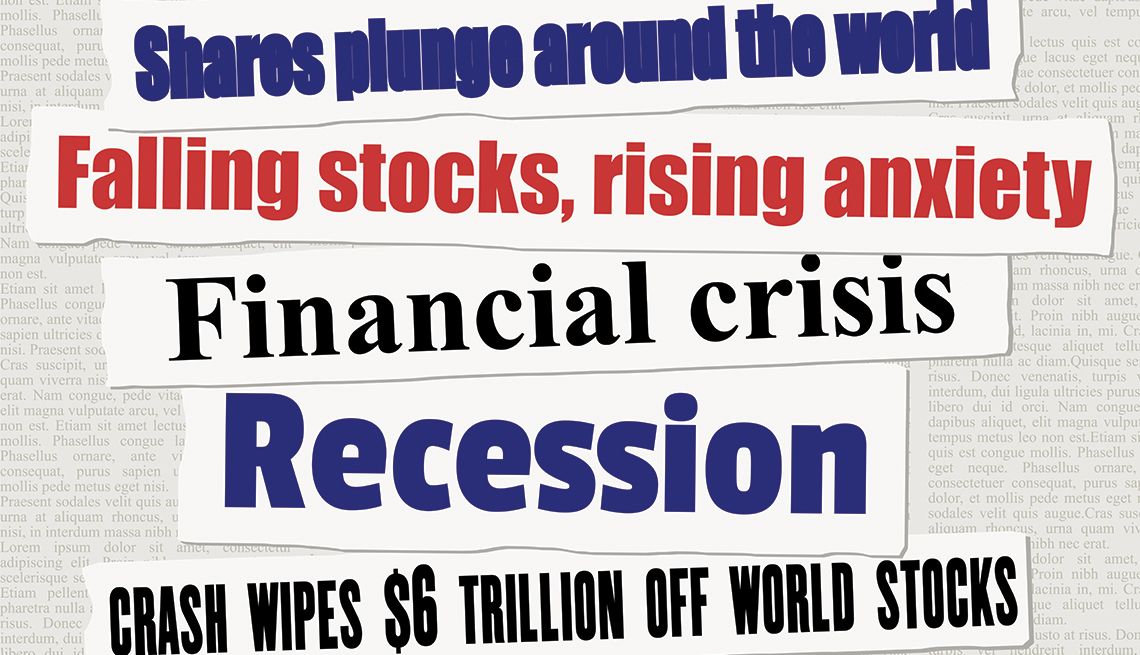
Lessons for investors from past stock market falls
- Select a language for the TTS:
- UK English Female
- UK English Male
- US English Female
- US English Male
- Australian Female
- Australian Male
- Language selected: (auto detect) - EN
Play all audios:

Within a year, stocks had erased their losses and were heading to new highs. Dot-com highs, namely. As the 1990s progressed, investors clamored for initial public offerings, or IPOs, for a
parade of tech companies whose prices sometimes doubled or tripled in a day. When I talked to investors during those bubble years, no one wanted to hear about prudent asset allocation or
mutual funds. Some dot-coms, notably Amazon, showed staying power. Others vanished in the 2000 tech-stock crash, which sliced the broader market in half. Pets.com, the poster child for the
fad, traveled from hot IPO to bankruptcy in just nine months. In the 2000s, investors began to lose faith in brokers, big-name mutual fund managers and individual stocks. Real estate, the
new sure thing, crashed in 2006, ushering in the financial crisis. From 2007 to 2009, stocks were down by half. Weary investors quit speculating. Money began to pour into—yes!—simple,
low-cost index mutual funds and exchange-traded funds. The most popular index funds follow the broad markets as a whole. Decades of testing show that, on average, they outperform funds run
by high-priced investment managers. They almost certainly beat a random collection of individual stocks. Investors discovered asset allocation, too. They put some money into stock funds and
some into bonds; bond funds cushion your losses in stocks. Naturally, index funds fall when the indexes do, so the question arises: After this year’s Corona Collapse, will investors once
again search for something new? I hope not. Individual stocks might fail, but the broad market never does. Past crashes have been just a blip in a rising market; by one calculation,
downturns since 1950, on average, have taken a little over two years to recover, if you reinvested dividends. Personally, I added to my stock-index funds during March. If I had been
obligated to take a required minimum distribution from my IRA this year (none of us has to; the government waived RMDs for 2020), I would have drawn from my bond funds—principally
Treasuries, which rose in value—while waiting for stocks to recover. If I had a 401(k), I would keep putting money into it. It’s never the end of the world. Stock and bond index funds, plus
patience, always win. BEFORE MY FIRST BEAR MARKET I found my calling in the 1960s, after I quit my low-level job at Newsweek. I was 23, and I dreamed of being a real journalist. Friends said
I was nuts to leave, but I wanted to write. Back then, women at Newsweek weren't allowed to become writers.
